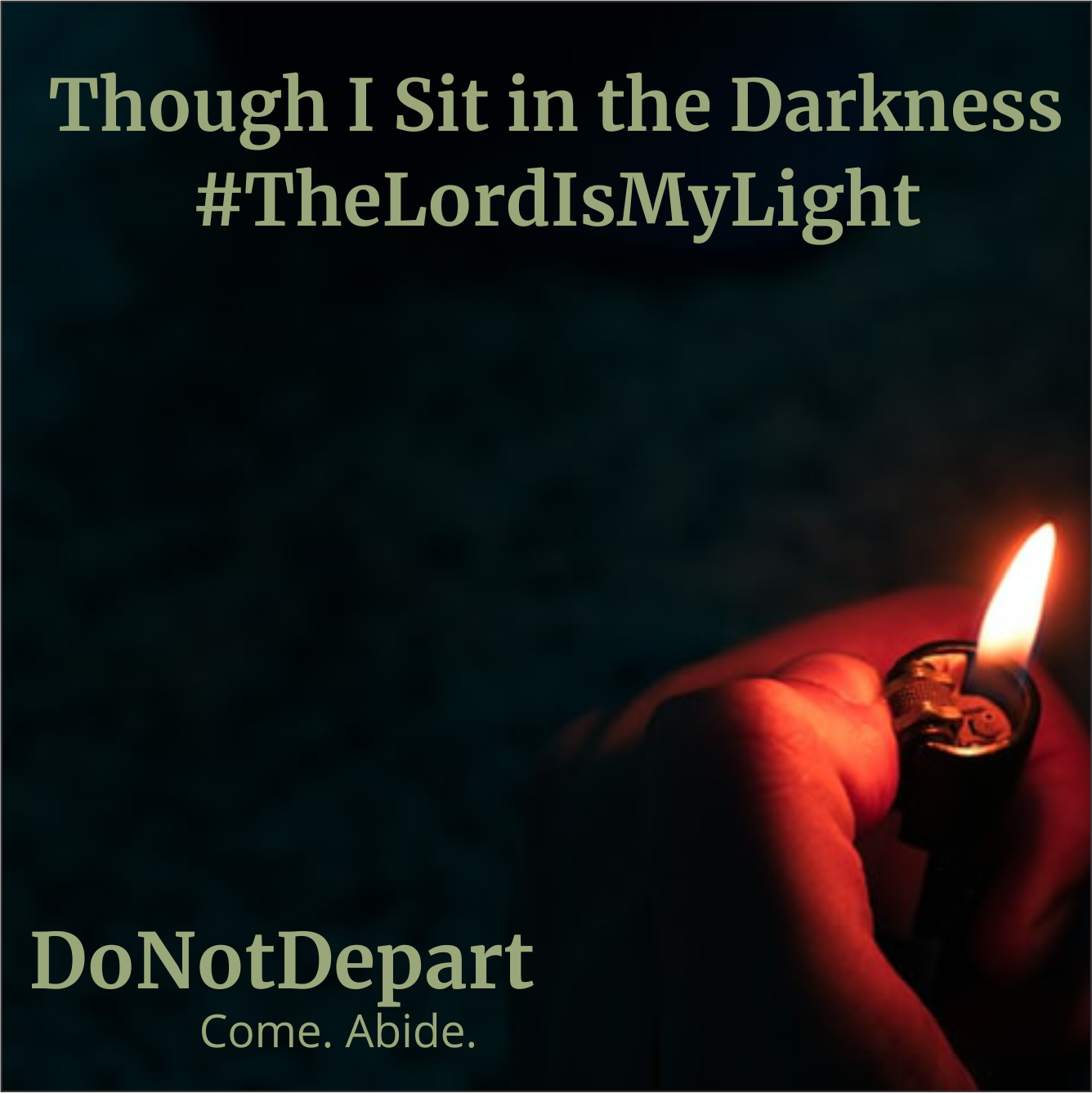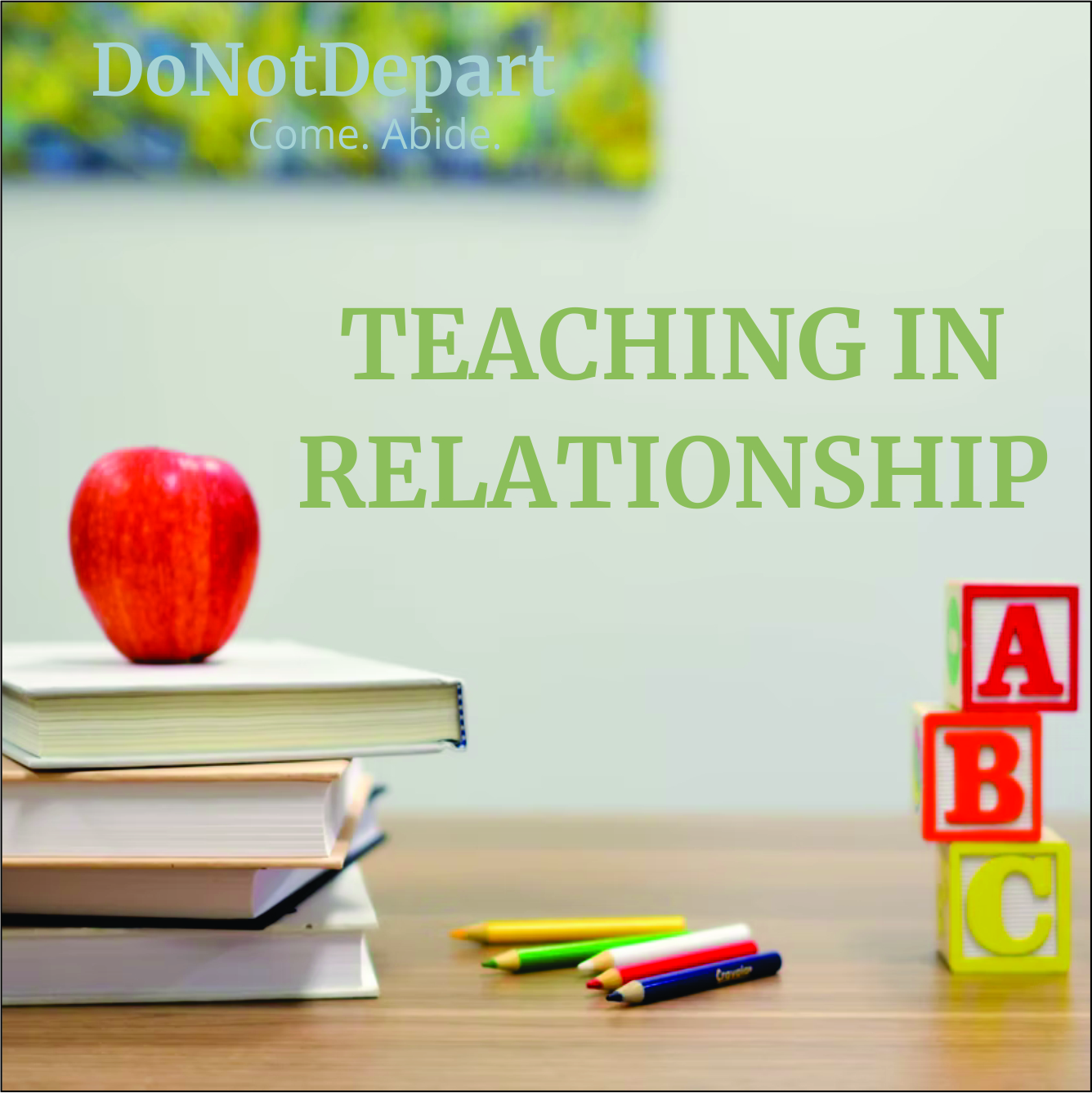I cried as I locked myself in the bathroom. I had just yelled at my kids. I had not stayed calm. I had failed.
It was an awful day.
I was getting over a bad cold and didn’t feel well. The weather wasn’t great, so the kids were trapped in the house. There had been fit after fit after fit, and school wasn’t getting done.
It was an awful, terrible day.
I fought with my husband that morning. My teen was in a super grumpy mood and not able to deal. And my kid with OCD was reacting to changes in plans exactly the way kids with OCD act when their plans fall apart–explosively.
It was an awful, horrible, terrible day–in a string of awful, horrible, terrible days.
I wasn’t able to be hopeful anymore. This mess of yuck was going to be how the rest of my life would go. There would be no peace. There would be no relief. It would be chaos and awfulness until the end. I was a failure.
Life is Hard
I wish I could say the thoughts I wrote above are rare in my life, but the truth is I have several of these moments a month.
My life is hard. Homeschooling is hard. Actively choosing to parent in a way that is different than how you were parented is hard. Parenting kids with trauma histories is hard.
The circumstances of your life are probably different than mine, but I bet you could list them out and come to the same conclusion: your life is hard.
And when the hard gets too hard, it’s easy to believe the lies you tell yourself: I’m a failure. It will never get better. There is no hope.
You’ve fallen. You’re sitting in darkness.
Protecting Truth
Psalm 40:11 says, “May your love and your truth always protect me.”
When I memorized that psalm, I wondered over that verse eleven. I understood wanting God’s love to protect you. That made sense. But how does truth protect you? Gradually, as I studied the chapter, I realized God’s truth protects us in moments like this–when you’re believing the lies you tell yourself.
…I Will Rise
Though I have fallen, I will rise. Though I sit in the darkness, the Lord will be my light. Micah 7:8
Micah 7:8 shows the power of God’s truth to protect us when we are surrounded by darkness and failure.
I felt like a failure. I felt hopeless.
But the truth is–though I had fallen and not been the mom I wanted to be, I would rise. Though I sat in the darkness, believing the lies about hopelessness, the Lord would be my light.
I prayed and the Spirit gently showed me the truth. My darkness became light again.
The Lord shows what is true.
He is our hope.
He is our light.
Let Him shine in your darkness. Let his truth protect you.
Though you have fallen, you will rise. Though you sit in the darkness, the Lord will be your light.







